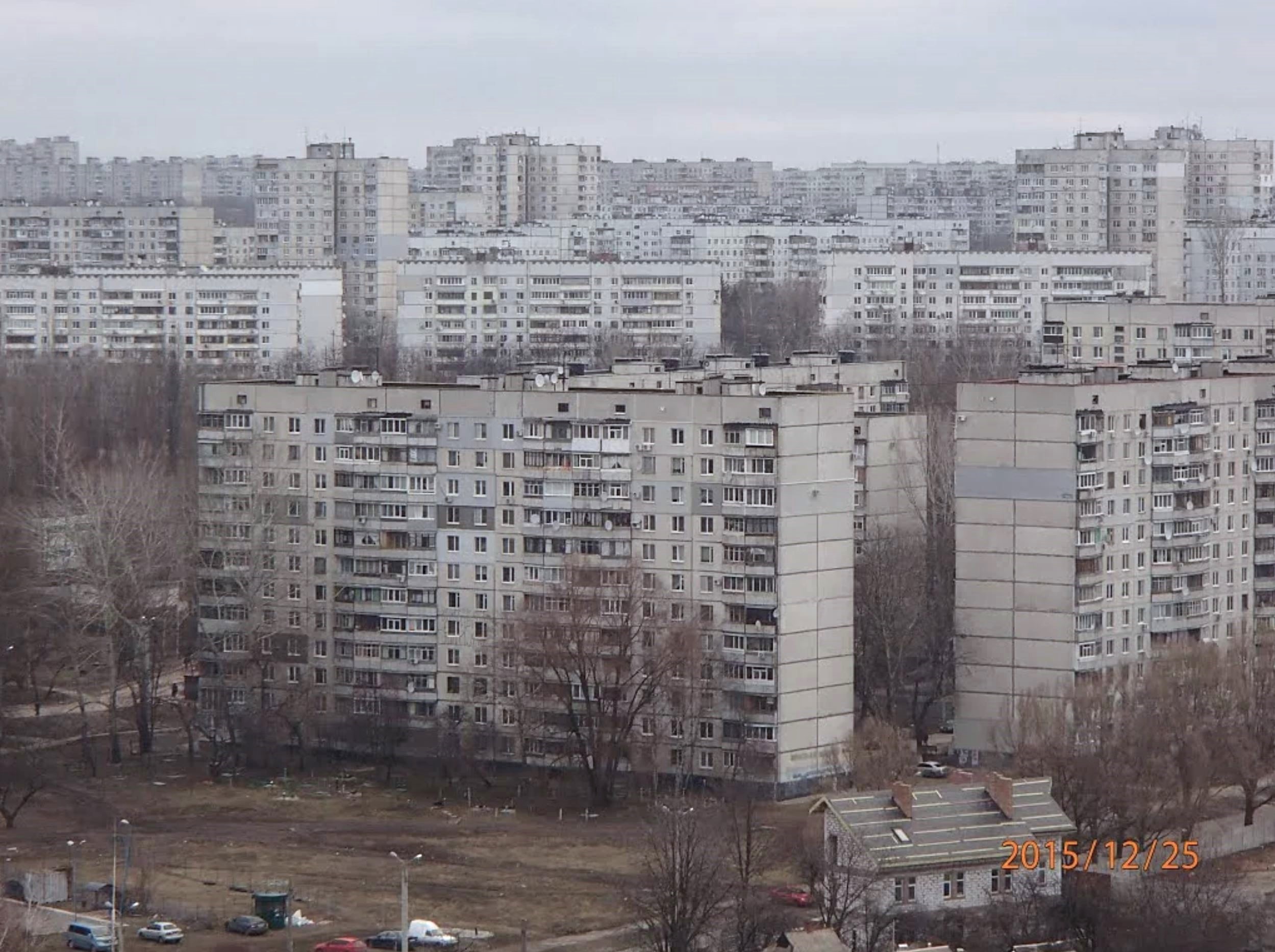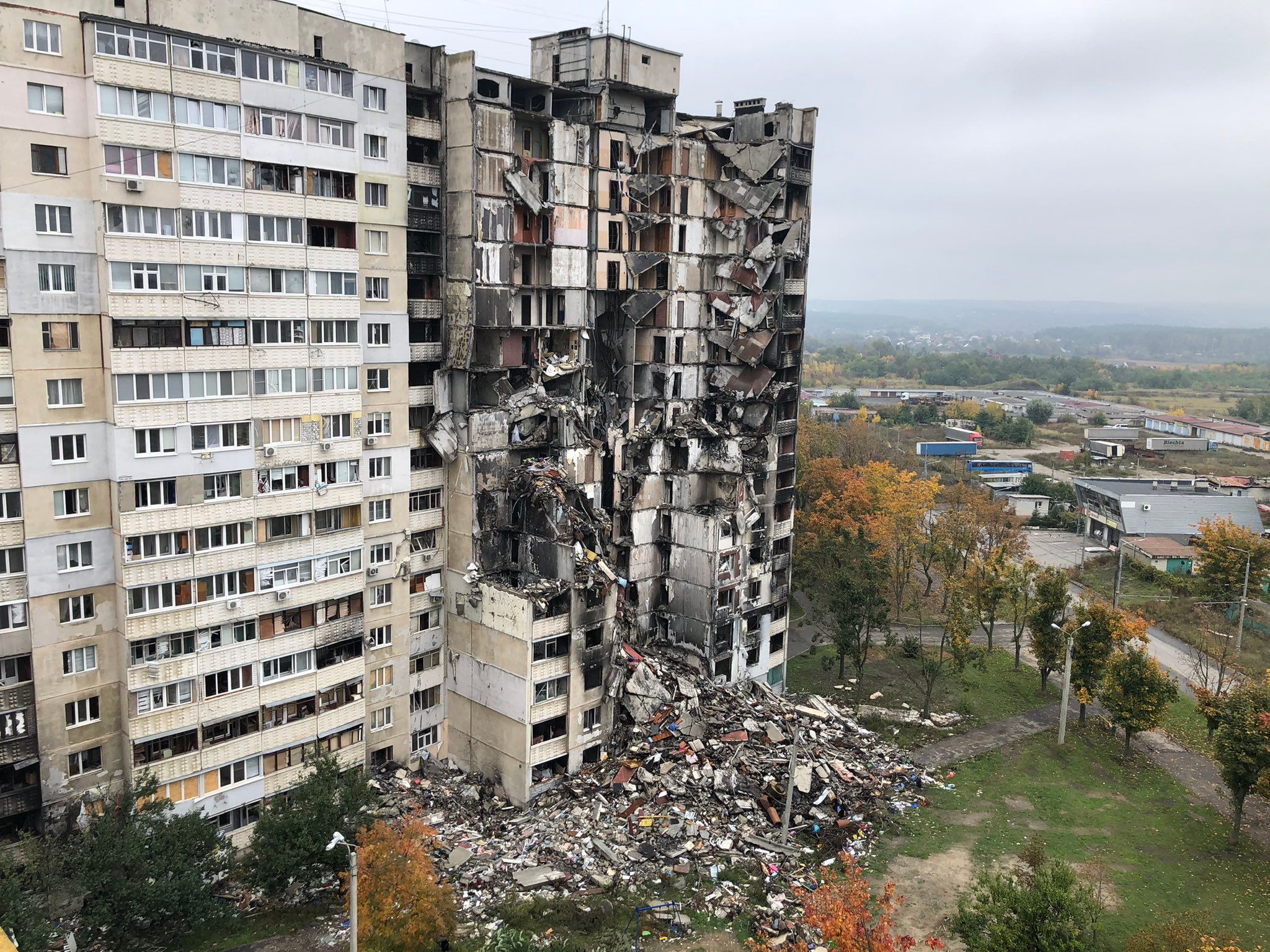The Norman Foster Foundation announces the winners of the Kharkiv Housing Challenge Architecture Competition to improve housing and residential neighbourhoods
October 21, 2024
In April 2022, as a consequence of the conflict in Ukraine and in the context of the United Nations Forum of Mayors, the Mayor of Kharkiv, Ihor Terekhov, asked Norman Foster to lead the masterplan for the reconstruction of the city. The Norman Foster Foundation then brought together the United Nations Economic Commission for Europe (UNECE) with Arup and that core group, led by the Foundation, have been working closely with the Kharkiv City Council and a team of local and international experts on the development of the masterplan.
Kharkiv was the first Ukrainian city to start planning its reconstruction, therefore the purpose of the masterplan is to become a ‘blueprint’ for the reconstruction of other cities in Ukraine. In that spirit, the masterplan concept followed a bottom-up approach, building upon the requests of the citizens of Kharkiv; the strategic outlines of the local architects, urban planners, and transport engineers; and the vision of the wider Kharkiv City Council.
The combination of this local guidance, alongside input from the best international experts, led to a pilot project approach composed of five specific topics: heritage, rivers, industry, housing, and a new science neighbourhood. The international architectural competition for the Kharkiv Housing Challenge was the next iteration in that process and was launched in May 2024 with the aim of improving housing and the residential neighbourhoods in the city.
The competition attracted 259 high quality entries from 53 countries, including 27 entries from Ukraine. Today, The Norman Foster Foundation, in partnership with the Kharkiv City Council, UNECE, Arup and the Kharkivproject Institute, are pleased to announce the winners:
- 1st Prize Winner: ‘Healing Kharkiv: From Rubble to Renewal’, by Andrew James Jackson, Cundall, England, United Kingdom. The proposal reinforces existing residential buildings using locally sourced concrete and materials from destroyed structures, enhancing security and maintaining integrity. It includes alternative evacuation routes, new elevators, improved thermal insulation and additional living spaces, like winter gardens and terraces. For new low-rise buildings, modular blocks allow flexibility in design. Public spaces feature underground shelters and rainwater collection systems, while preserving existing green areas.
- 2nd Prize Winner: ‘Blooming Towards The Sun’, by Zigeng Wang, China. This proposal offers different interventions based on the level of damage sustained by existing buildings. A standout feature is the creation of spaces and irrigation systems for the cultivation and processing of sunflowers—an important symbol of Ukrainian identity.
- 3rd Prize Winner: ‘Modus Vita’, by Melek Serra Saral, Oleksandr Kinash, Didem Arman and Elif Ilgin, Yıldız Technical University, Turkey. The project proposes an adaptable modular system of underground shelters constructed with specially designed high- strength concrete panels. These shelters are flexible, serving both as protection during wartime and as public spaces, such as cinemas, in peacetime.
And the Honourable Mentions for:
- ‘Healing Network’, by Aida Luisa Sánchez-Gómez; Raul Pinol; Jiayun Hodges; Agustín Wladimir Salas; Stantec, United States.
- ‘ReKharkiv’, by Philippe Nathan, Luxembourg.
- ‘The Kitchen Drama’, by Andrian Sokolovskyi, Germany.
- ‘Bio-Module’, by Judith H. ten Kate, Studio SAA , Netherlands.
- ‘From Rubble to Renewal’, by Yi Shi; Chuxi Zhou, United Kingdom.
- Unnamed Project, by Arian Karimzadeh Torabi, Sahar Samadi, Germany.
Each submission demonstrated exceptional creativity and a deep commitment to Kharkiv’s recovery.
The Jury Panel was comprised of:
Jury Chairman:
- Norman Foster, President, Norman Foster Foundation, Madrid, Spain.
Jury Members:
- Ihor Terekhov, Mayor of Kharkiv, Kharkiv, Ukraine.
- Ammar Azzouz, Research Fellow, University of Oxford, Oxford, United Kingdom.
- Olga Demianenko, Advisor to the Mayor of Kharkiv on International Relations, Kharkiv, Ukraine.
- Farshid Moussavi, Director, Farshid Moussavi Architecture (FMA), London, United Kingdom.
- Yurii Spasov, Head of Kharkivproject Institute, Kharkiv, Ukraine.
- Stuart Smith, Director, Arup Berlin, Berlin, Germany.
- Anna Soave, Head of Country Programme, UN-Habitat Azerbaijan, Nairobi, Kenya.
- Belinda Tato, Professor, Harvard GSD; Founding Partner, Ecosistema Urbano, Madrid, Spain.
After the announcement of the winners, selected proposals will be further developed into detailed designs for its construction. Selected teams will have the opportunity to collaborate with stakeholders in this stage under a funded scheme.
For further information, please visit https://architecturecompetitions.com/kharkivhousingchallenge/


